The Goldkorn Variations: A Trilorgy
Collected in one definitive volume, with a new afterword by the author, three previously published novels (originally from E.P. Dutton and Norton presses) about an aged European flautist, his music and his loves, from childhood to age one hundred and four.
Leslie Epstein (Courtesy Ilene Epstein)
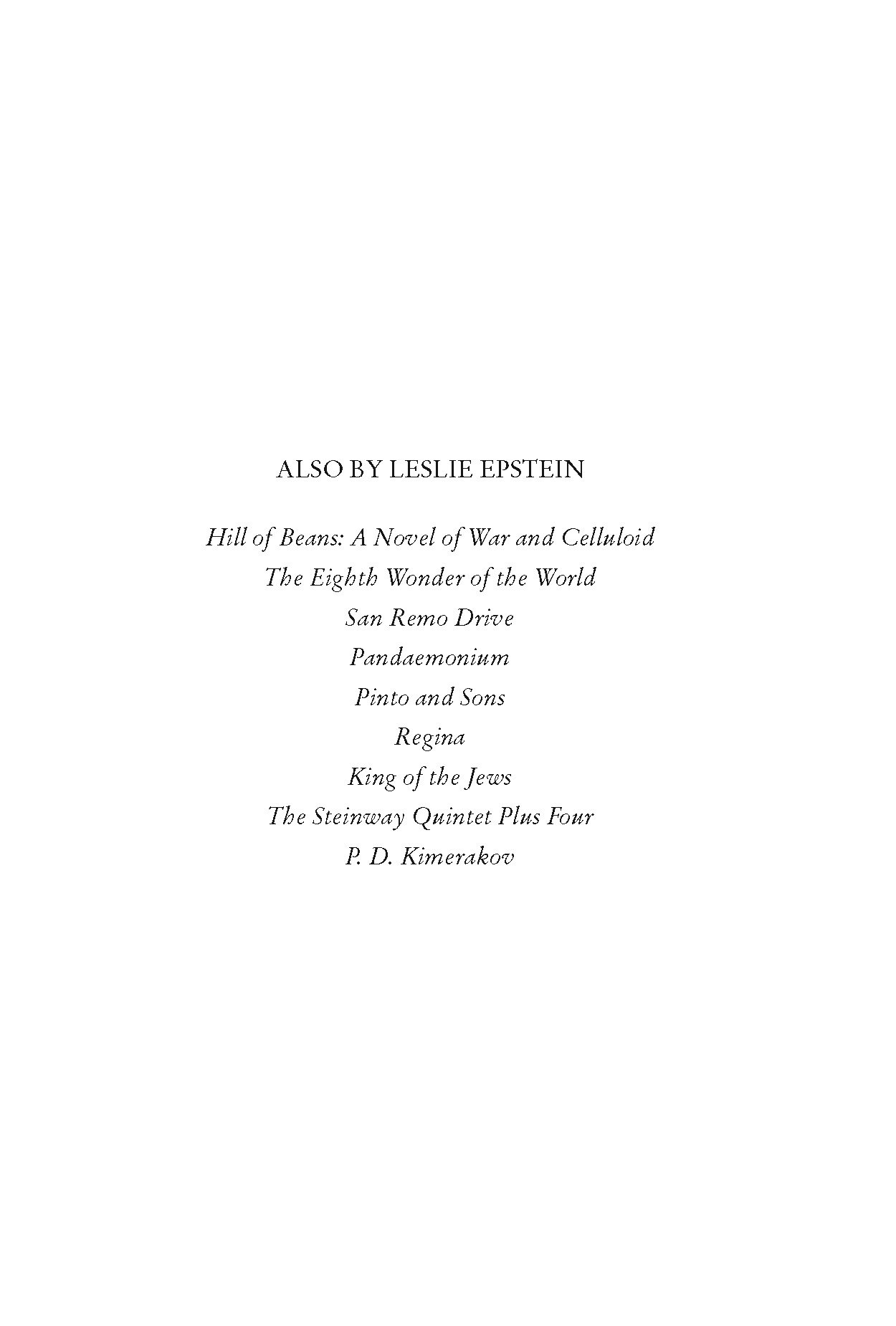
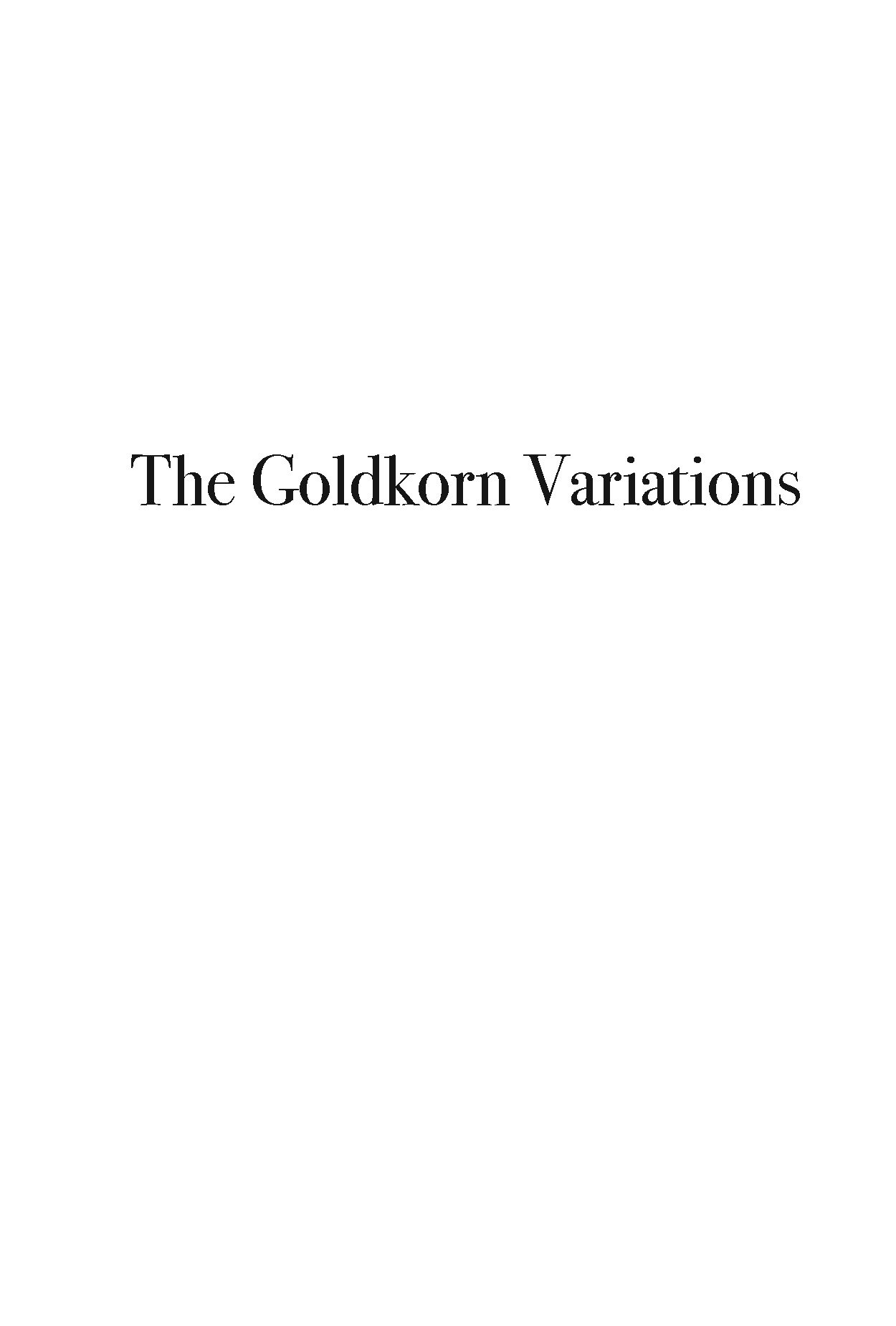
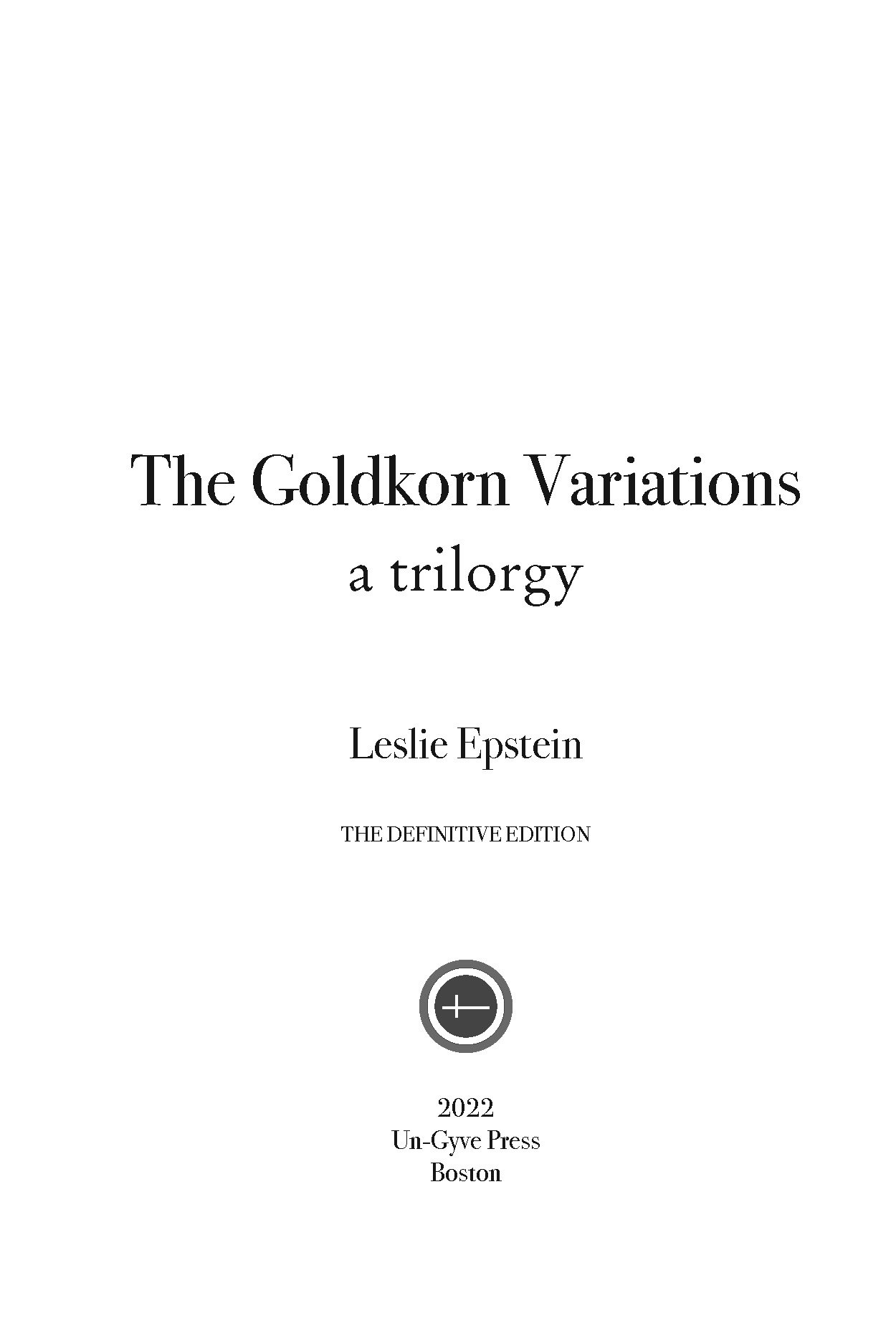
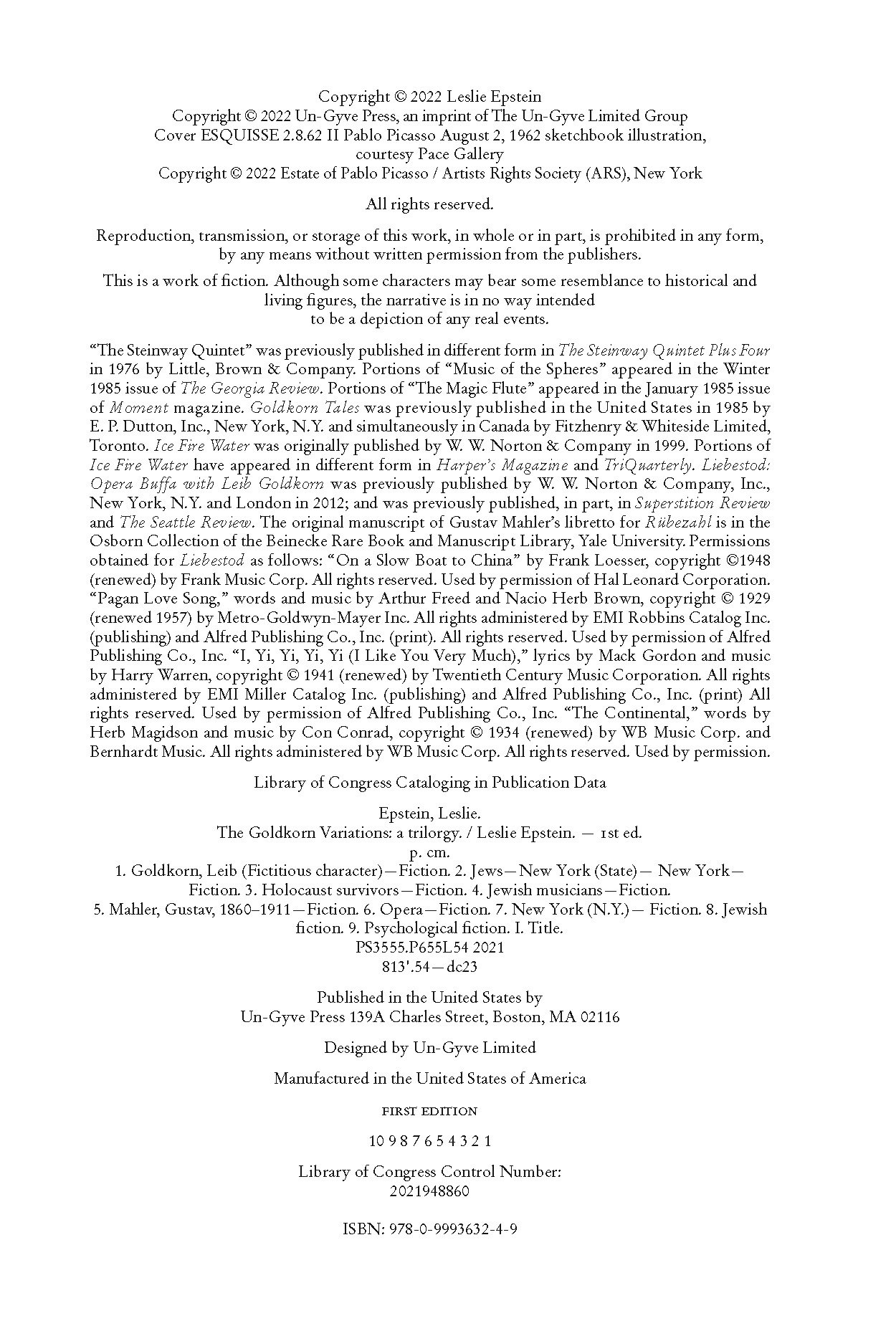
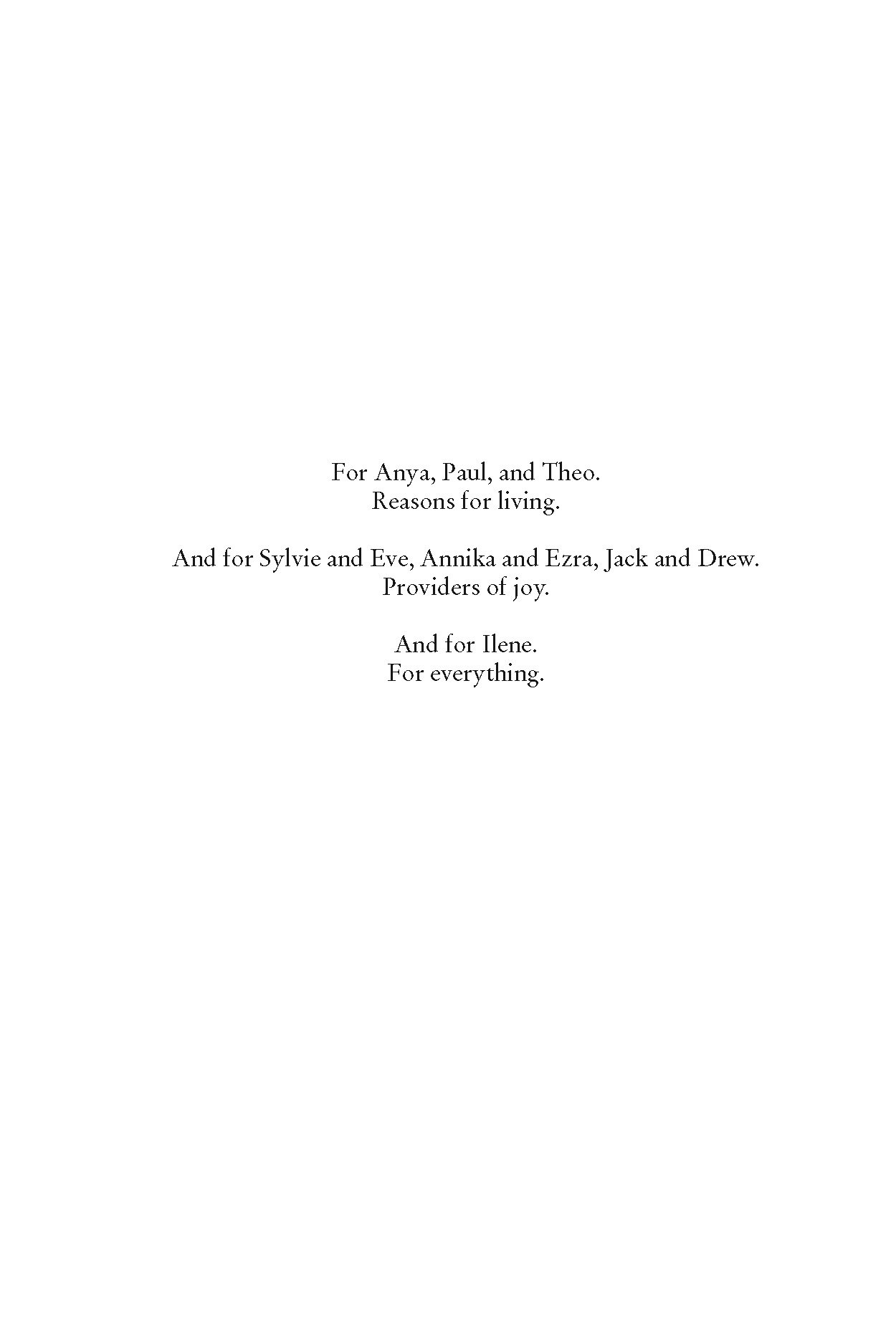
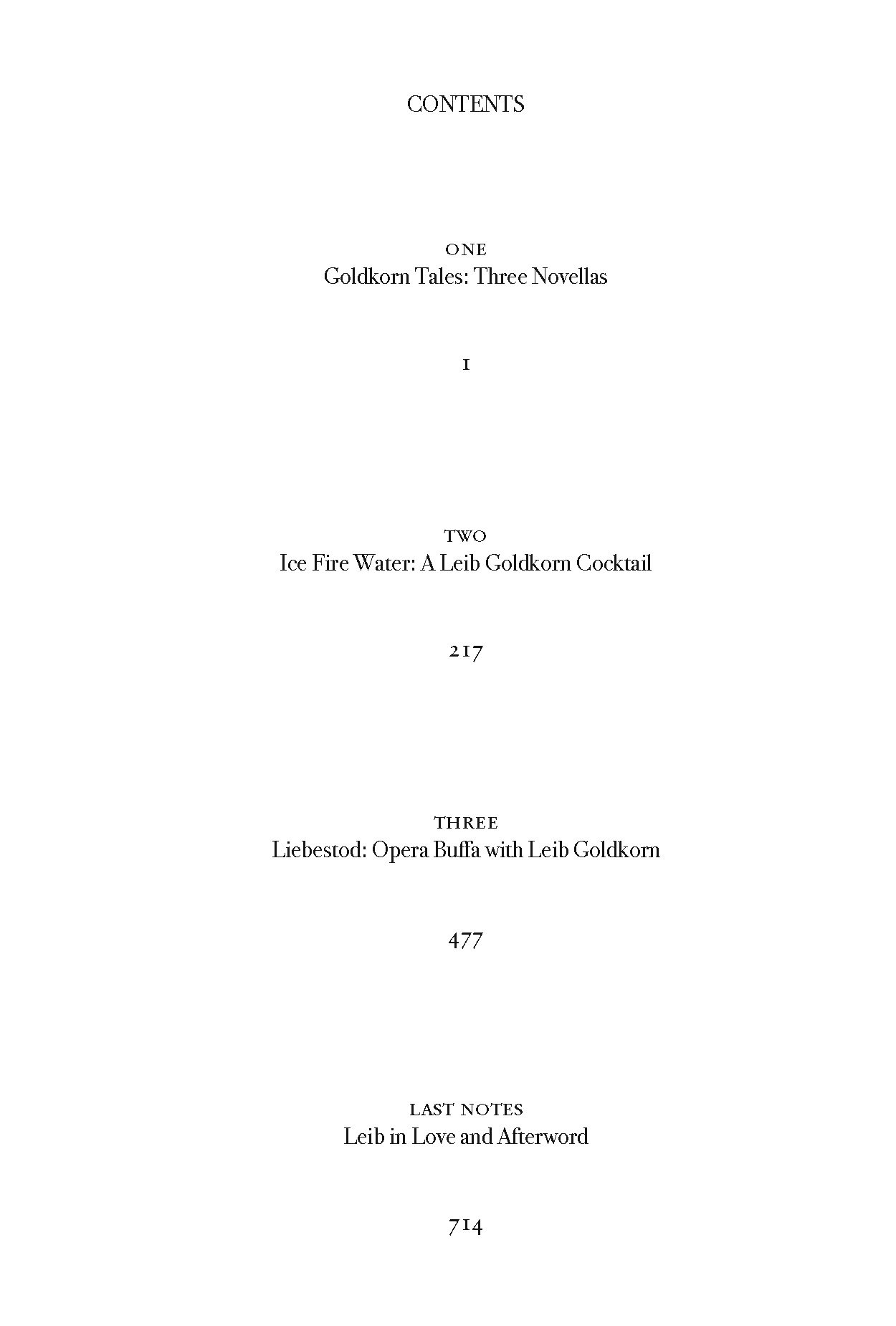
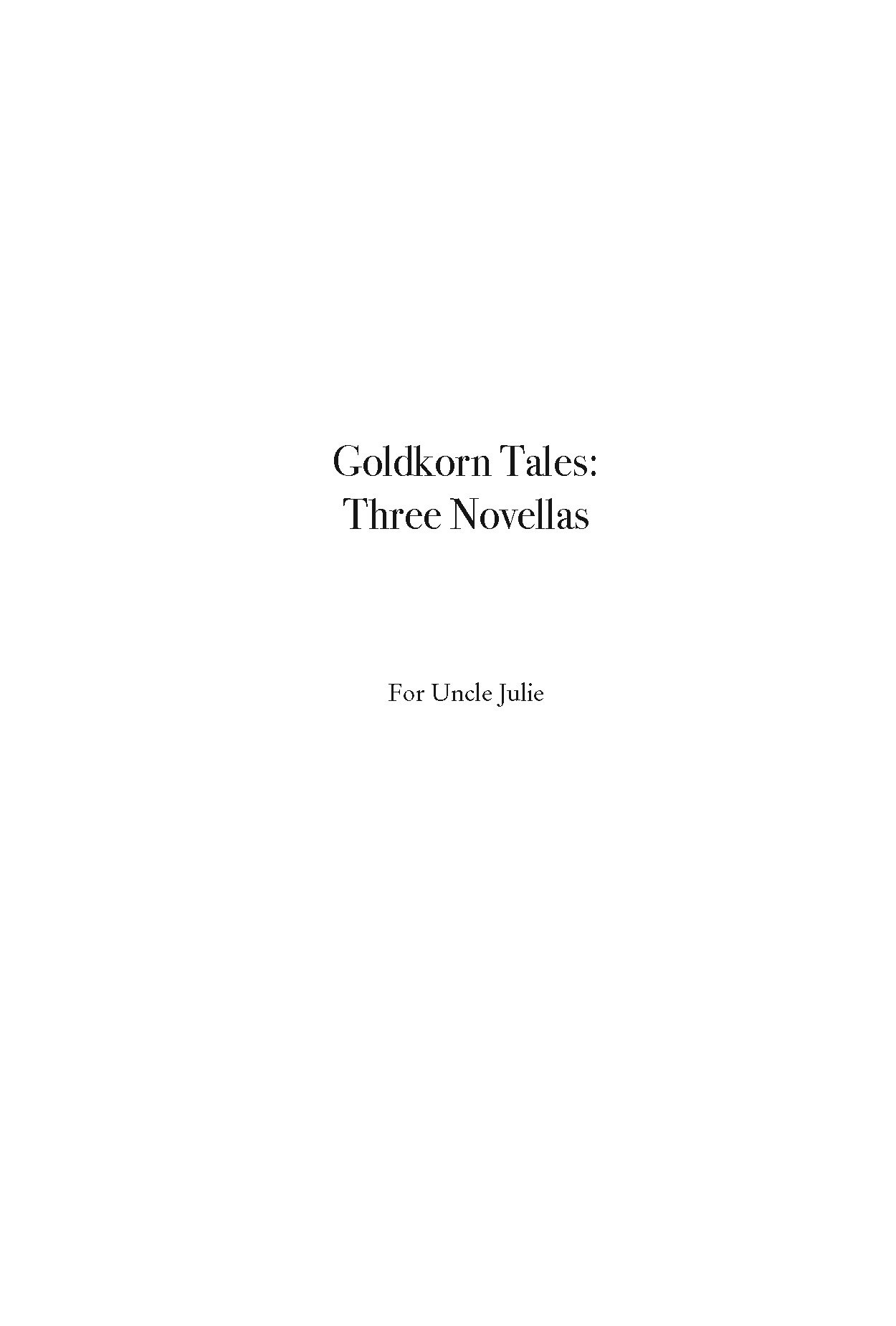
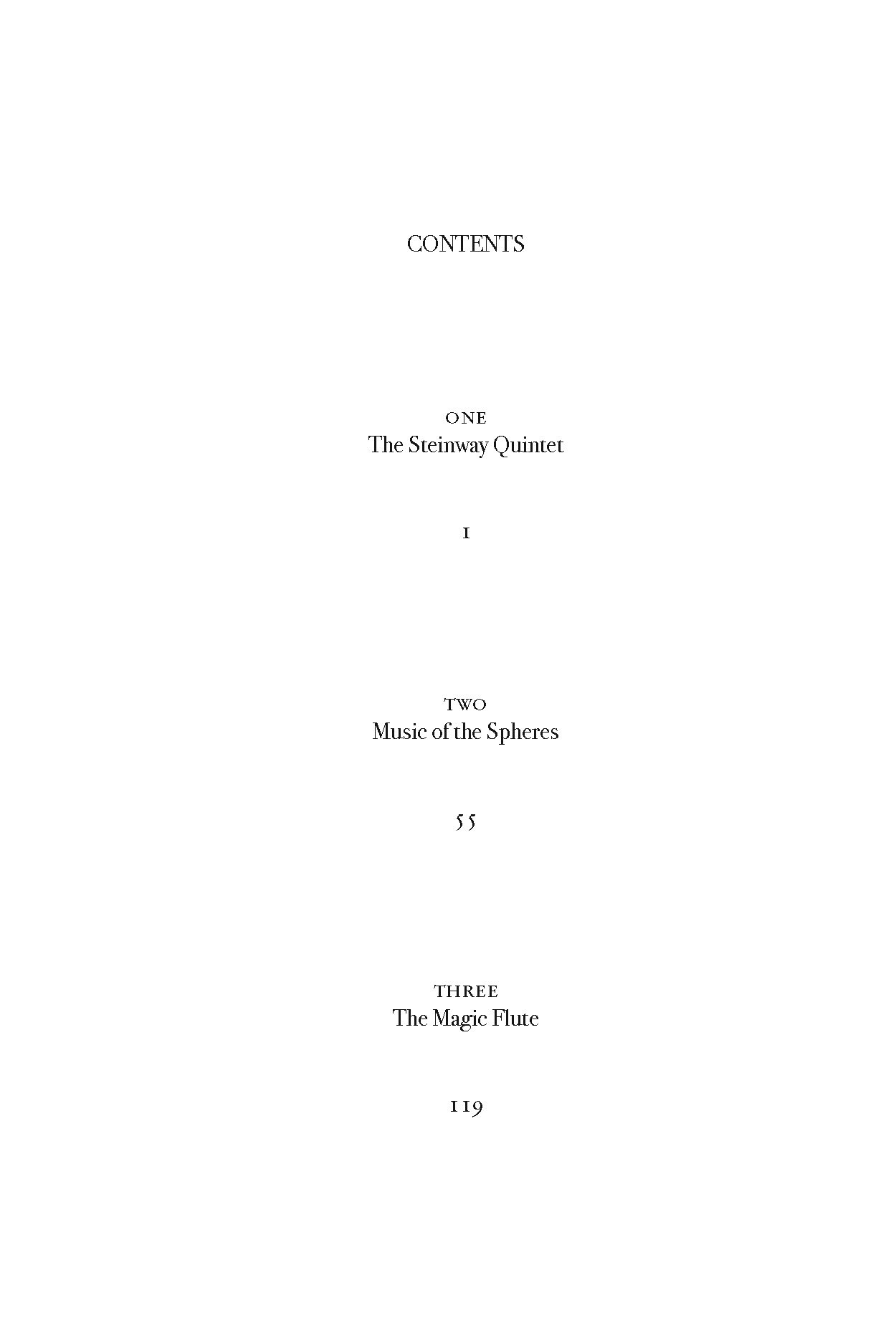
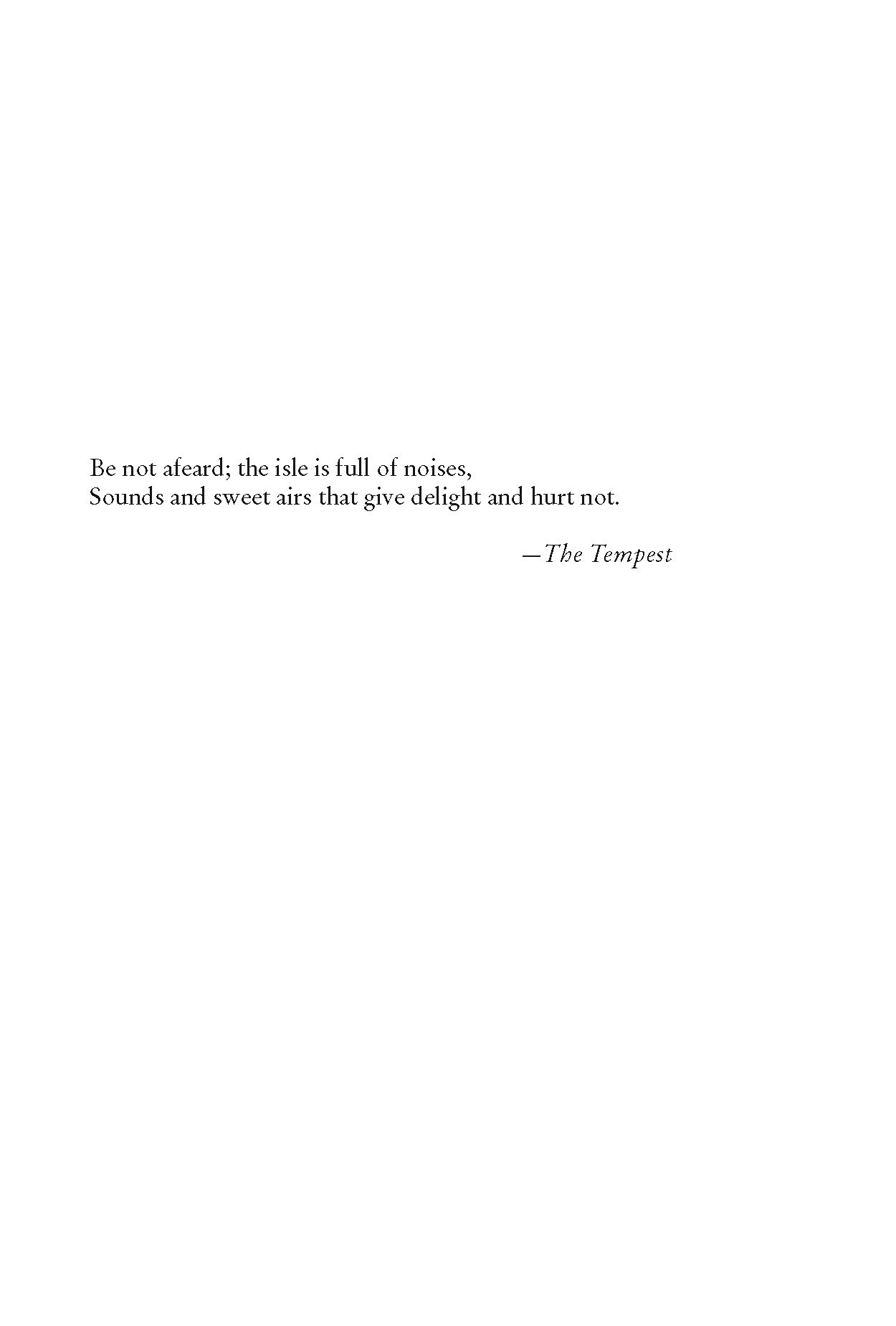
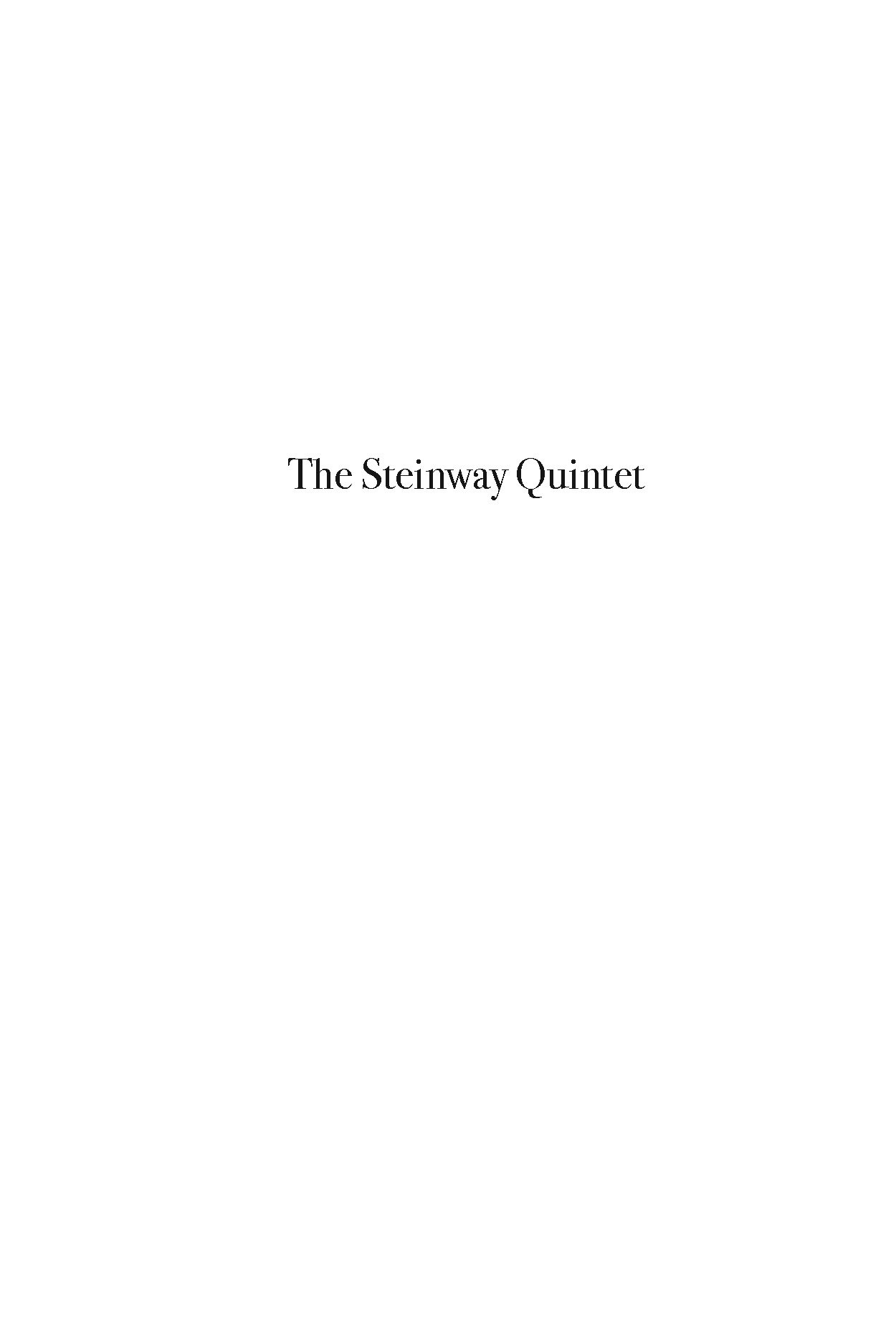
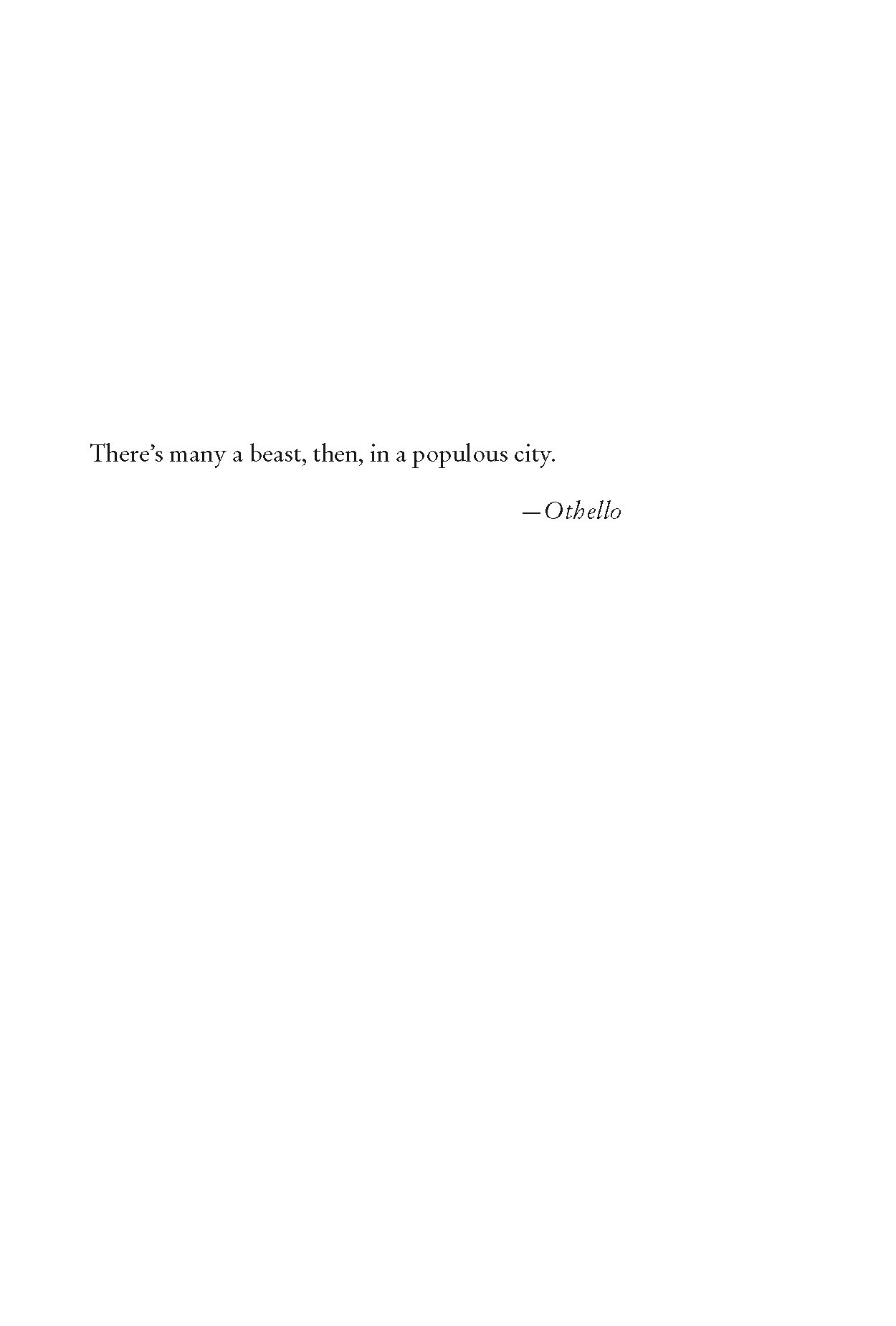
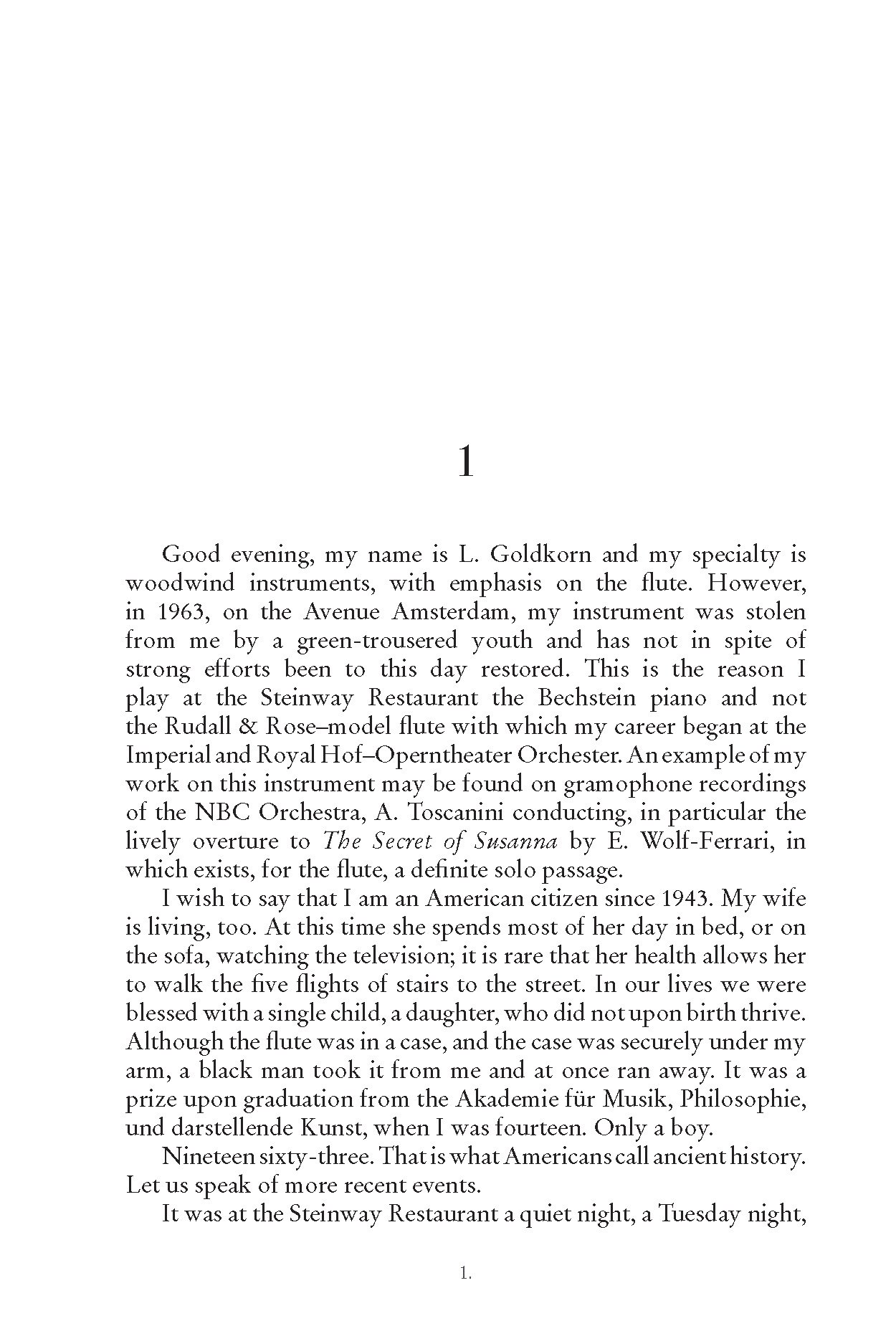
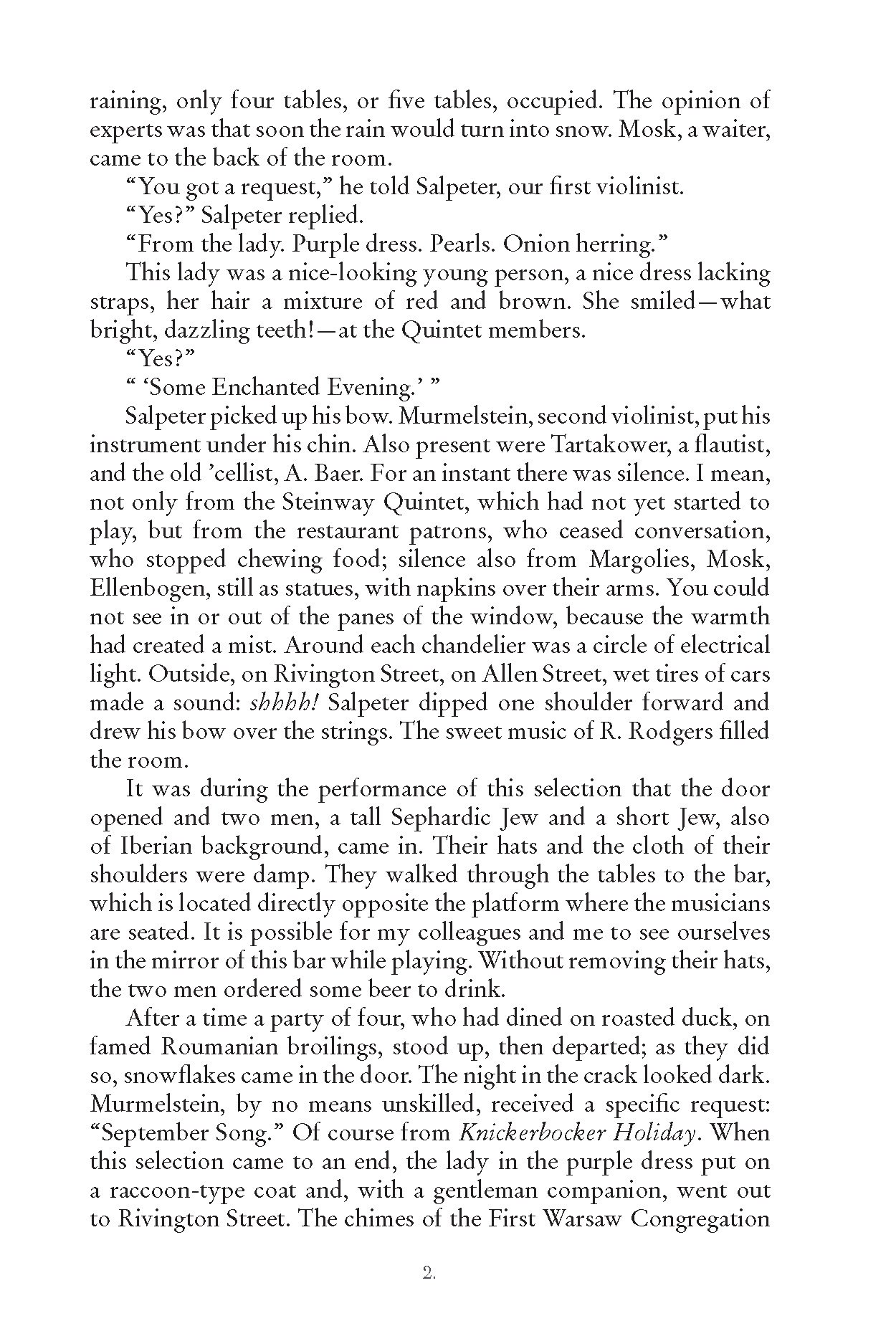
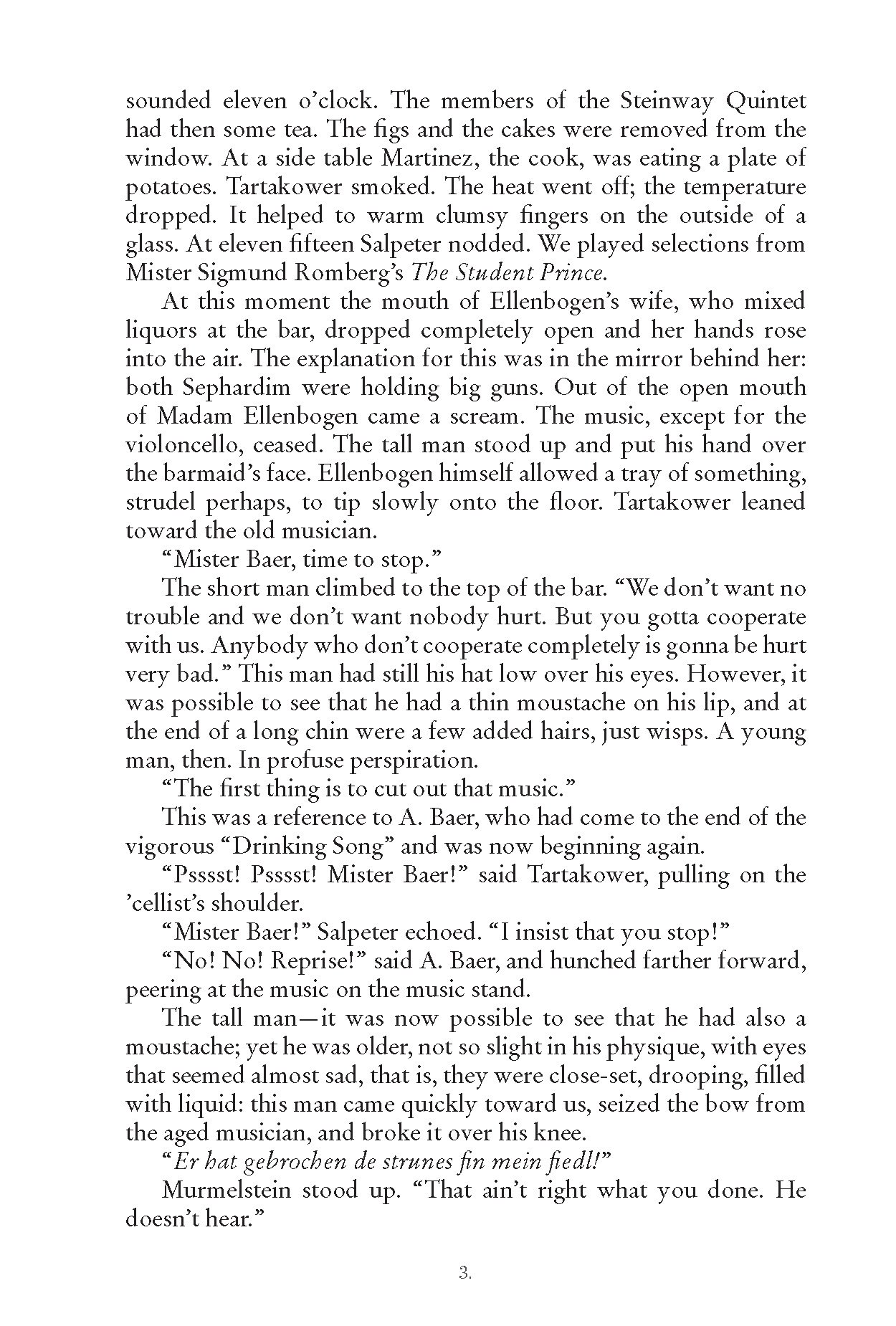
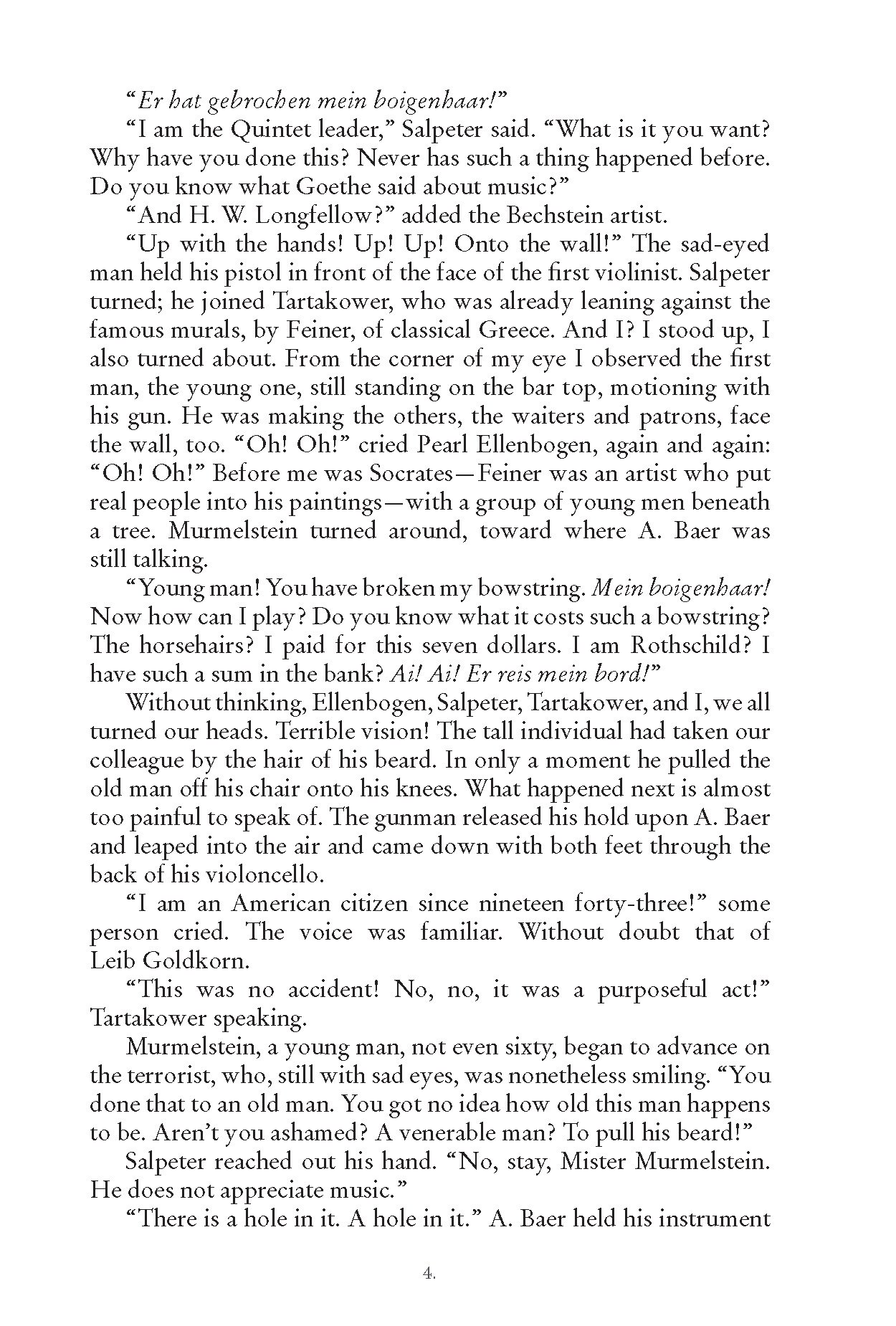
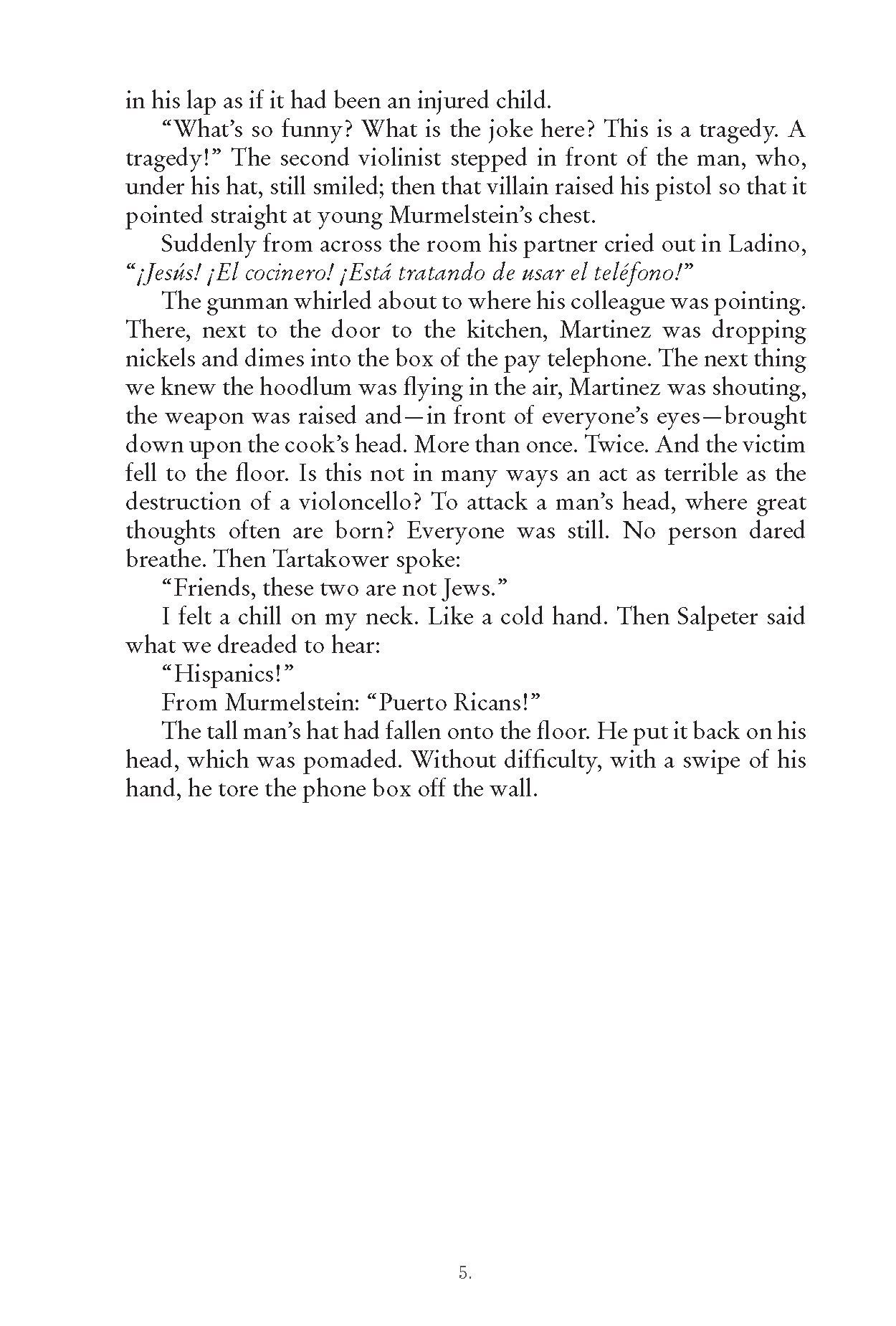
On The Steinway Quintet
“A novella of genius.” — Geoffrey Wolff, Esquire
“Epstein’s vision of colliding worlds is disturbing, moving, probing.” — Publishers Weekly
“A victorious tarantella to life. This expert writer’s greatest talent is the ability to convey the peculiar anguish of being Jewish, or black, or in any way repressed or oppressed, without imposing on the reader his own first-person experience, from which that ability derives. Epstein’s transcendent eye looks with compassion on humanity as a whole.” — The Washington Star
“A stunning piece of work. Epstein succeeds brilliantly in illuminating the human predicament.” — The Florida Times-Union/Jacksonville Journal
“Pure hilarity, strong and wondrous, breathtaking and heartbreaking …Epstein converts language into a sort of music, the kind of lyricism one looks for and seldom finds in literature.” — St. Louis Globe-Democrat
“Deft, original, and very funny … illuminates the mystery of our common humanity and mortality, our means of embracing neither the arid intellect nor the anarchic id, but music—the imagination of the heart.” — Katha Pollitt, The New York Times Book Review
On Goldkorn Tales
“As his earlier fiction has demonstrated, Mr. Epstein is an exuberant writer, whose ambitions to address the large matters of history, and our moral and intellectual choices, is matched by a commodious talent—an ease in story-telling and a screwball feeling for comedy that counterpoints the high seriousness of his subjects and invests them, at once, with humanity and a sense of emergency….Reason and passion, death and life, the mundane and the momentous come crashing brightly together. And by the end, as Leib Goldkorn re-embraces music as a symbol of nature and harmony, the reader, too, is moved to celebrate the redemptive powers of the imagination—and to applaud Mr. Epstein’s artistry and ambition.” — Michiko Kakutani, The New York Times
On Ice Fire Water
“[Leslie Epstein] has never been funnier, never more confident about the possibilities of postmodernism, as he continues to explore the horrific darkness just beneath Goldkorn’s individual tsoris. The result is a ‘Goldkorn cocktail’ that successfully mixes real characters with imagined ones, the beautiful with the ugly and aspects of goodness with unspeakable evil….In old age Goldkorn retains his essential trademarks, but his insights strike me as both wiser and more earned. The result is such a delightful romp through Goldkorn’s century that I suspect even those who have not followed his comic exploits will now find themselves singing his tune; as for those who have loved Goldkorn for decades, they will have additional reasons to crow about having been right all along.…[With a] voice, seasoned by sorrow, that turns quotidian woe into bursts of language and dashes of poetry…playfulness of a high and delightful order…Mr. Epstein gives Hollywood melodrama the comic send-up it deserves and in the process turns the altogether predictable into art.” — The Forward
“A fantastical, wickedly funny new novel.” — Elle
“A wise, heroically funny novel…[a] masterful linguistic and critical performance. Earthy, resourceful and wistful at once, in this novel Epstein once again skewers folly to the post.” — Publishers Weekly
“A masterly blend of the plangent and the preposterous…Goldkorn transforms the visible into the risible…Ice Fire Water abounds with inspired confusions and illusions…irreverent as it is inventive, Ice Fire Water is a manic screwball comedy and, if it ever made it onto a screen, even the mosquitoes would guffaw.” — Los Angeles Times
“This trio of stories emphasizes funny over poignant—and succeeds.” — Library Journal
“Leib Goldkorn’s is a wonderful voice, which resonates with rare sensitivity and remarkable insight. Ice Fire Water is playful, hilarious and somber, all at the same time. A great book.” — Aharon Appelfeld
On Liebestod
“The wily and seductive Epstein continues his impish mixing of fact and fantasy as he picks up the story of musician, rascal, and Holocaust survivor Leib Goldkorn....As his hero capers about like an escapee from a Chagall painting, stumbling from crisis to crisis in this deliriously ribald, shrewdly orchestrated, and covertly hard-punching comic farce, Epstein blasts hypocrisy and extremism, embraces life’s glory and absurdity, and mourns humanity’s unending legacy of sorrows.” — Donna Seaman, Booklist
“An outrageous and poignant swan song.” — The New York Times Book Review
Leslie Epstein, author of The Goldkorn Variations, was born in Los Angeles to a family of film makers. His father and uncle together wrote dozens of films in the late thirties and forties and on, including The Man Who Came to Dinner, Arsenic and Old Lace, Strawberry Blonde, Yankee Doodle Dandy, and Casablanca. Not surprisingly, films have made up a good part of the subject matter of his fiction. He left California for an undergraduate degree at Yale and a Rhodes Scholarship at Oxford. He has published ten novels, among them, his latest Hill of Beans: A Novel of War and Celluloid, P.D. Kimerakov, The Steinway Quintet Plus Four, Regina, Goldkorn Tales, Pinto and Sons, Pandaemonium, Ice Fire Water: A Leib Goldkorn Cocktail, San Remo Drive, and The Eighth Wonder of the World. His best known novel, King of the Jews, has become a classic of Holocaust Fiction and has been published in eleven foreign languages. In February of 2007, his stage adaptation of King of the Jews was produced by the Huntington Theatre Company, and again at the Olney Theatre in Maryland. His articles and stories have appeared in such places as Esquire, The Atlantic Monthly, Harper’s, Playboy, the Yale Review, TriQuarterly, Tikkun, Partisan Review, The Nation, The New York Times Book Review, The Washington Post, and The Boston Globe. His article, “Pictures at an Extermination: a Child of Hollywood Discovers Auschwitz and Himself,” appeared in the September 2000 issue of Harper’s and can be read online. In addition to the Rhodes Scholarship, he has received many fellowships and awards, including a Fulbright and a Guggenheim fellowship, an award for Distinction in Literature from the American Academy and Institue of Arts and Letters, a residency at the Rockefeller Institute at Bellagio, and grants from the Ingram Merrill Foundation and the National Endowment for the Arts. He was the director of the Creative Writing Program at Boston University for over thirty years, and currently teaches fiction.




